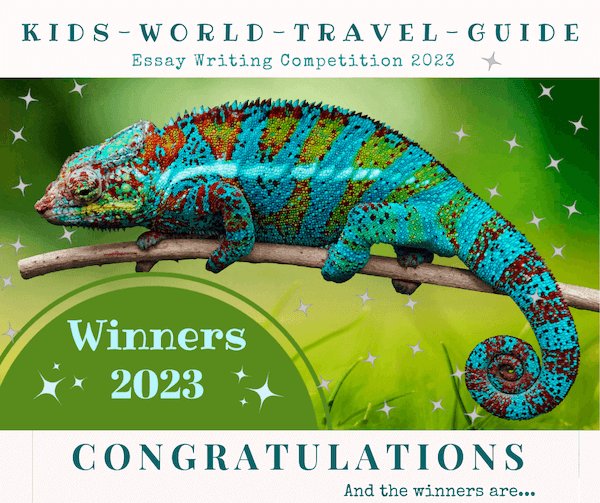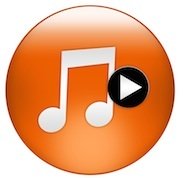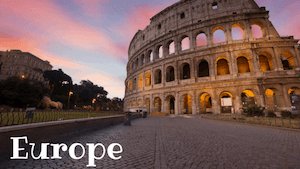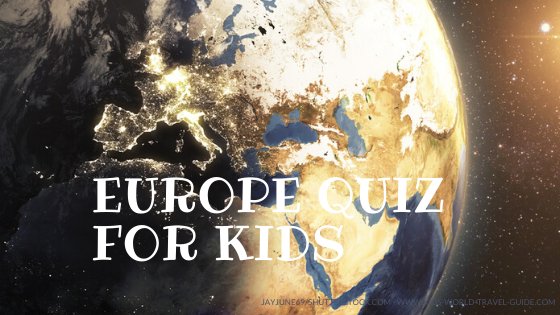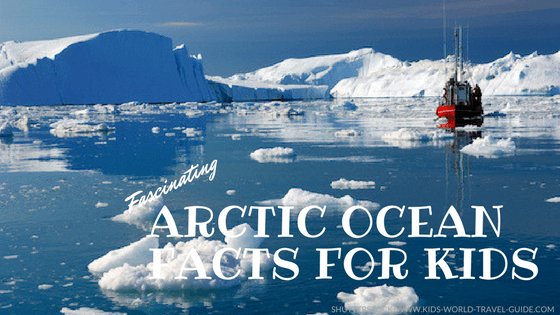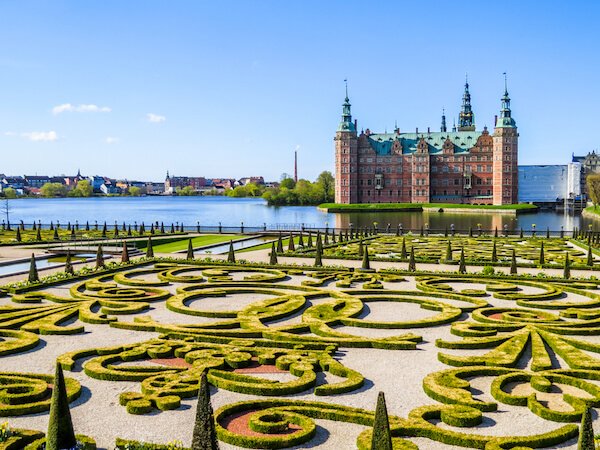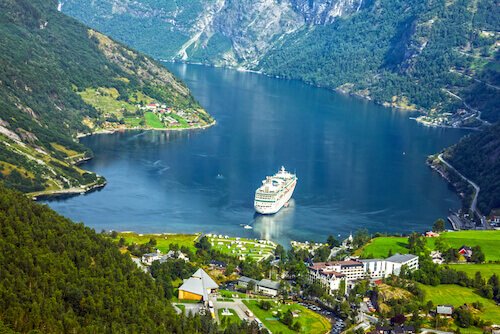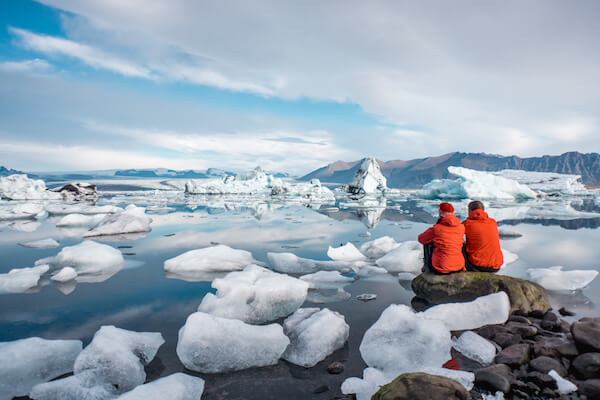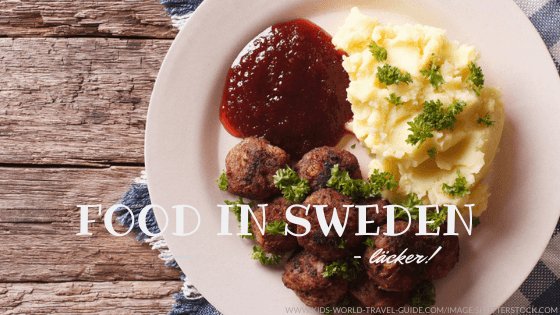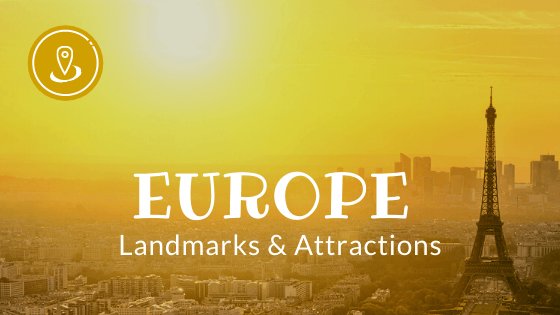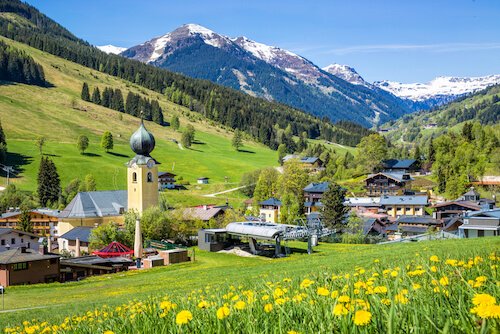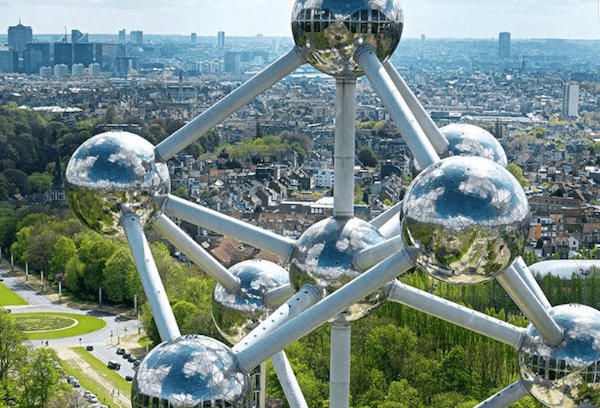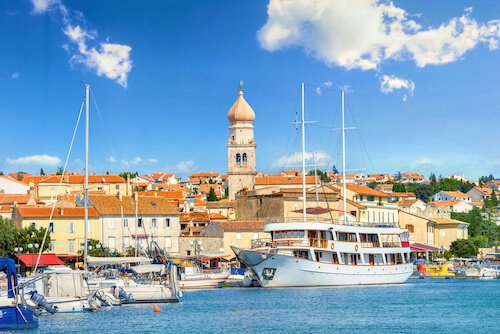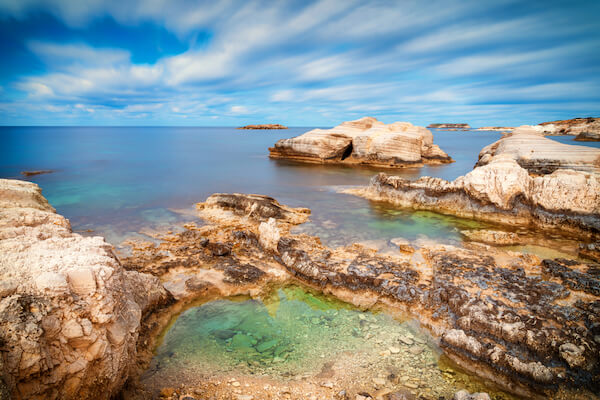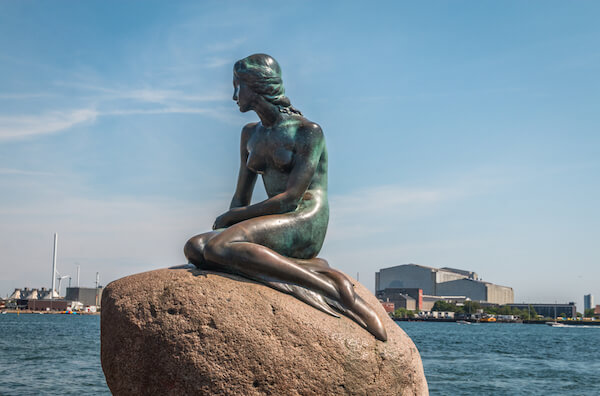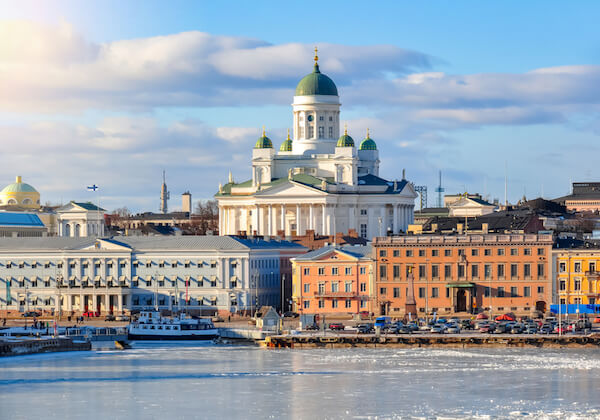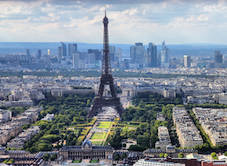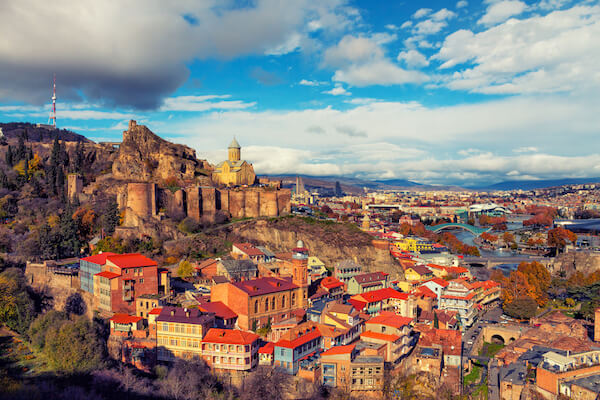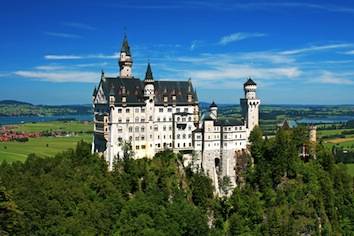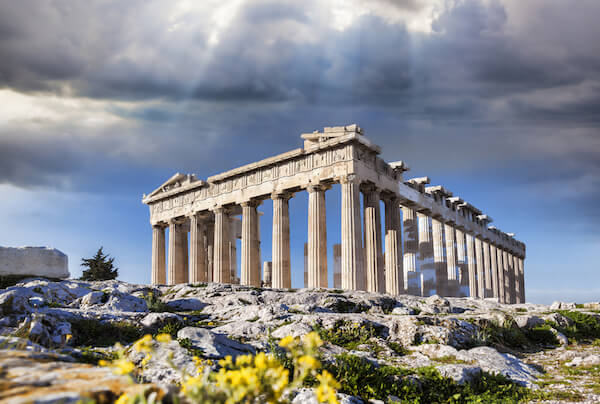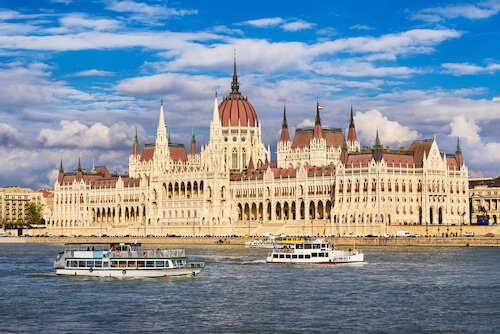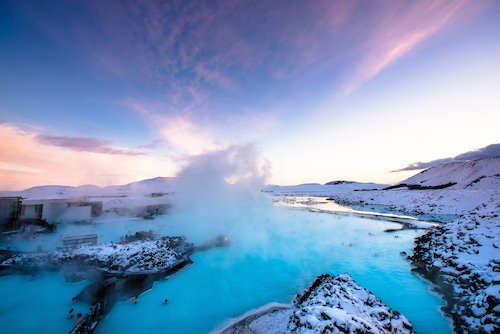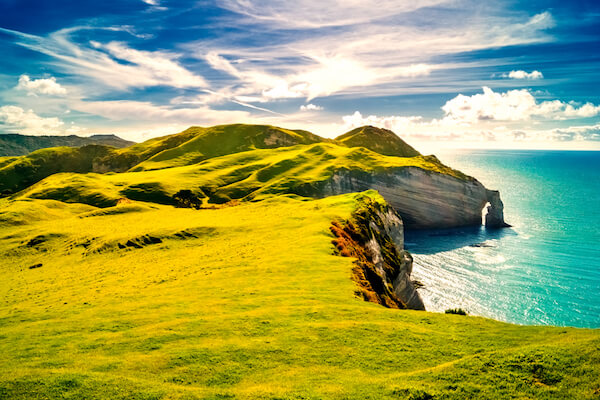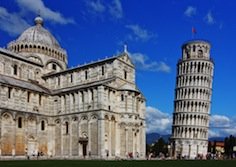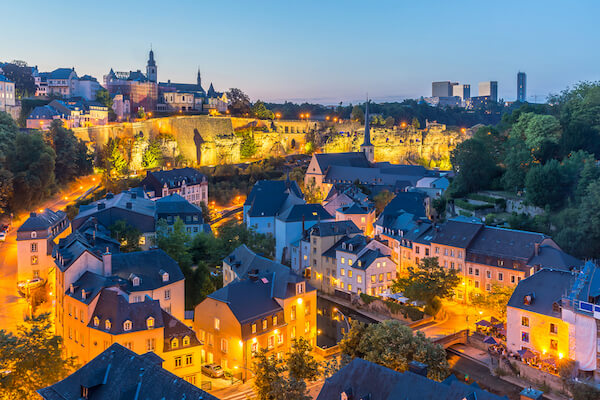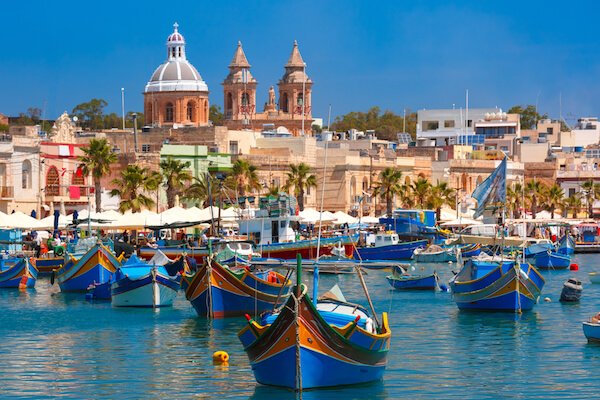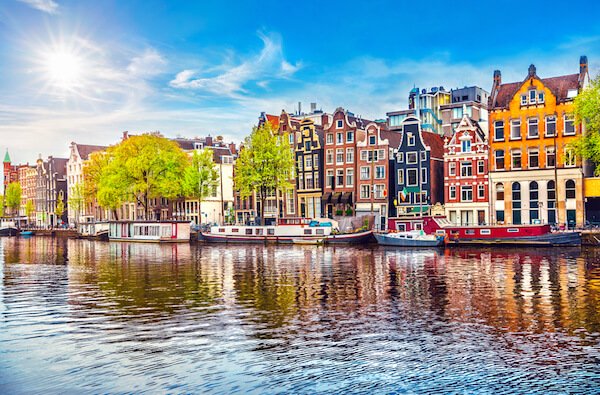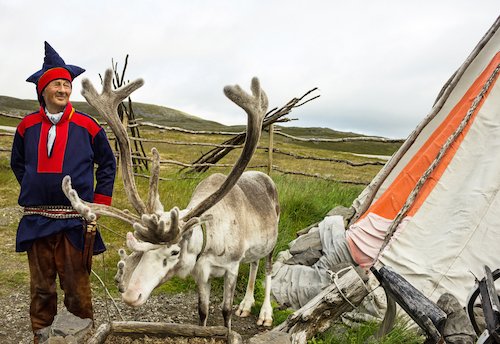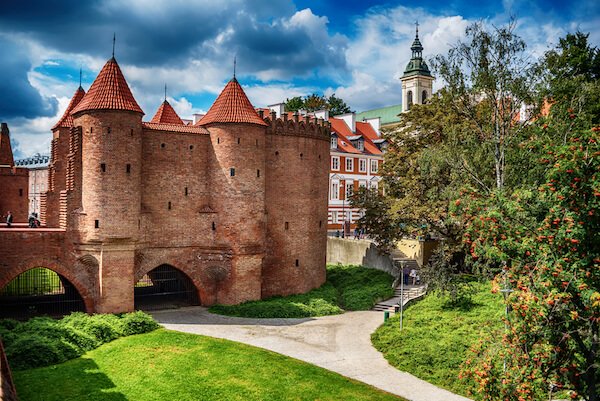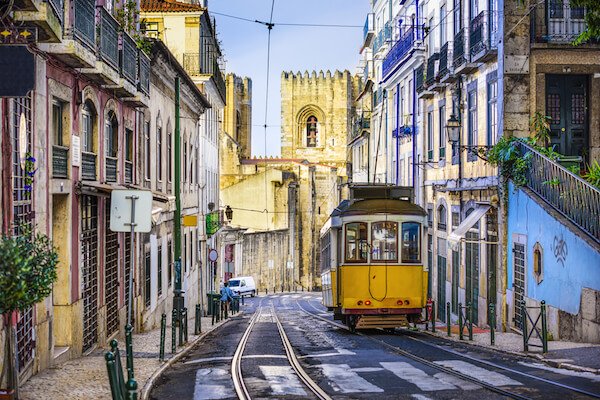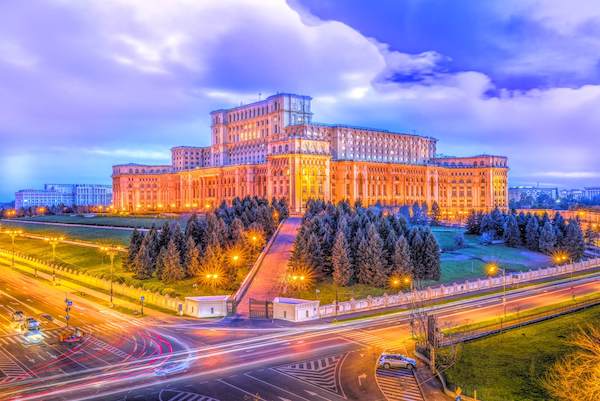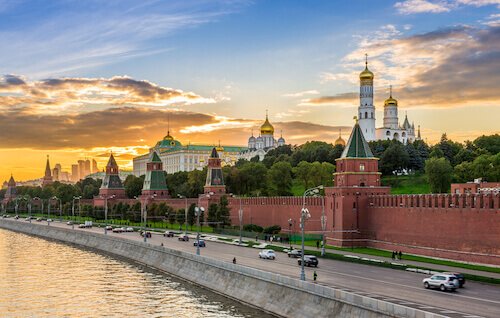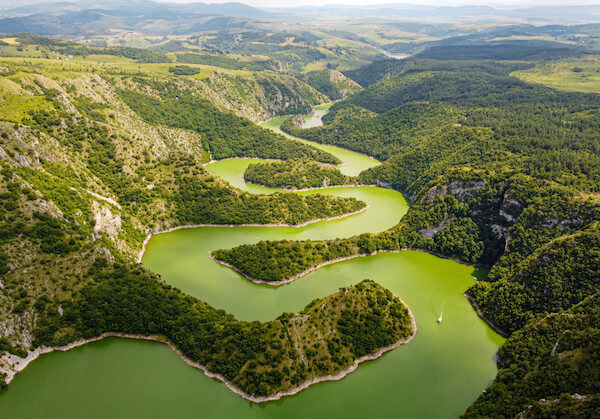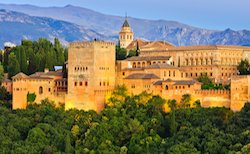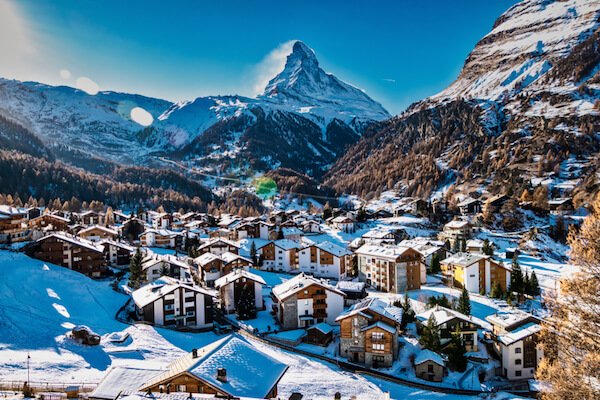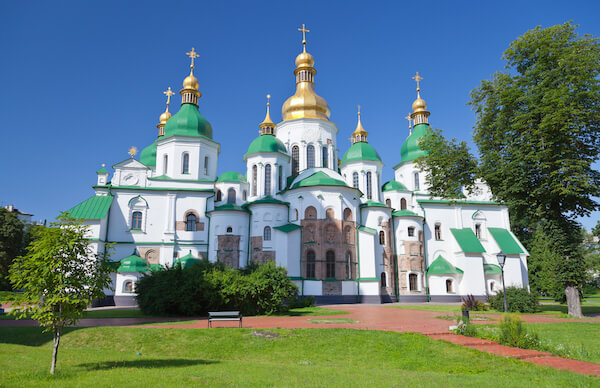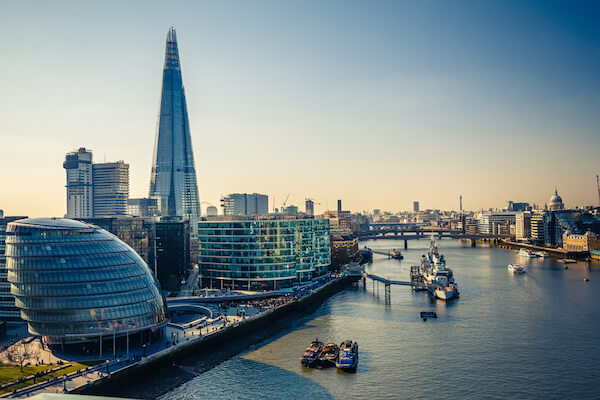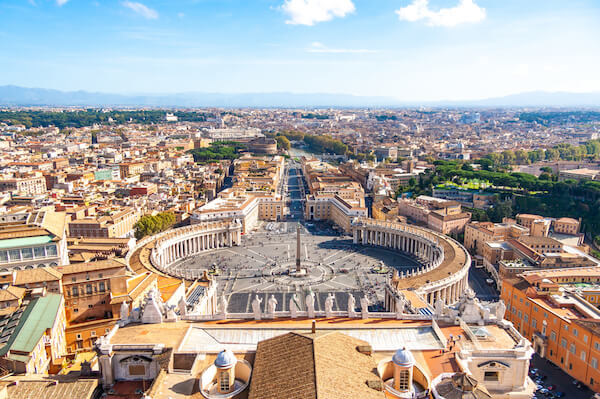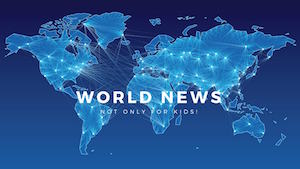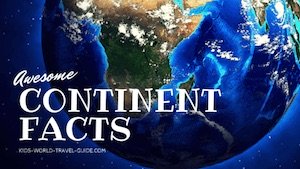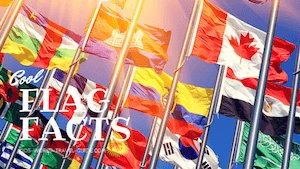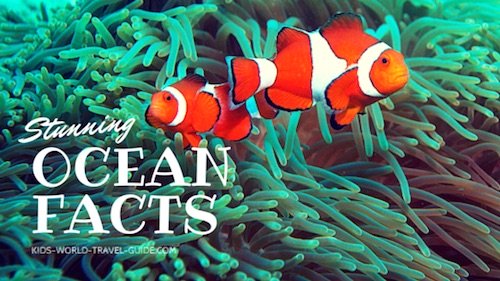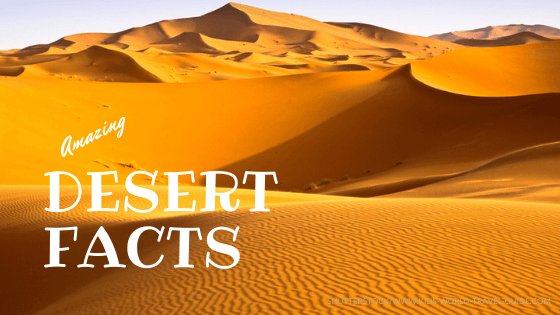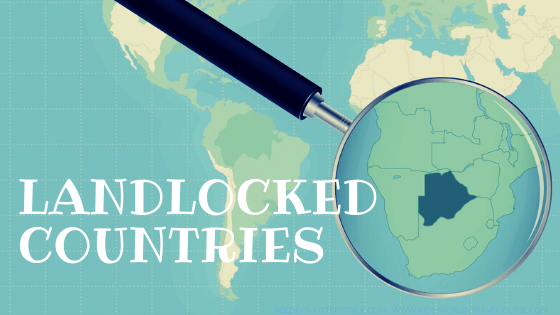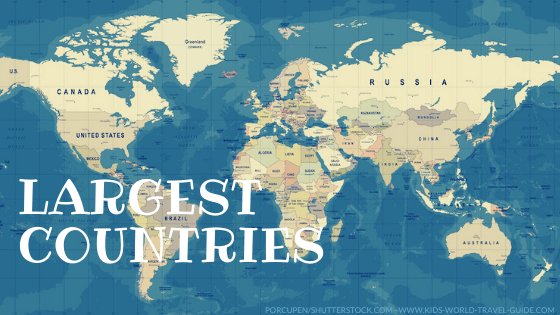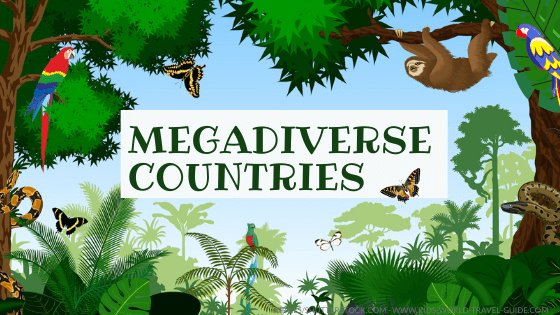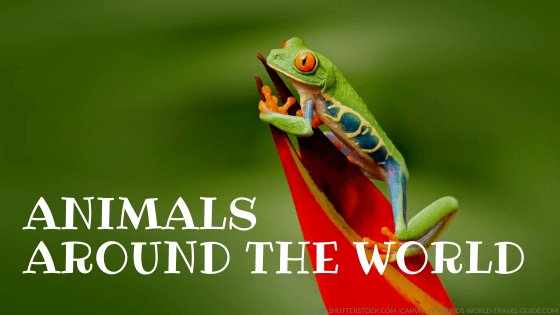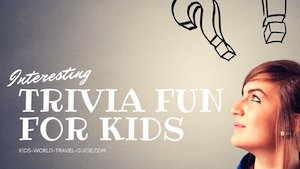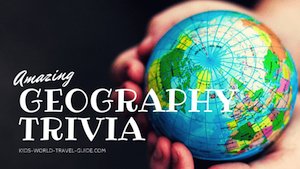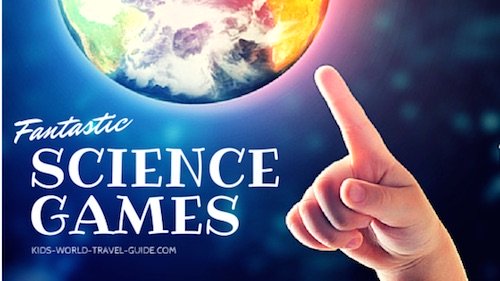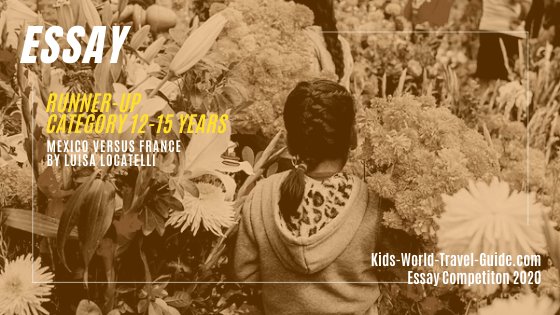Sweden Facts
Interesting Sweden Facts for Kids
Here are some interesting Sweden Facts which were chosen and researched by kids especially for kids.
Facts about Sweden
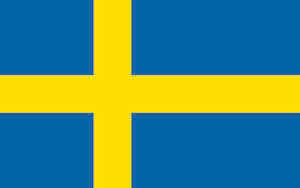
- Population: 10 million people live in Sweden (2021)
- Capital: Stockholm with over 1.6 million inhabitants
- Name: Kingdom of Sweden, in Swedish: Sverige
- Government: parliamentary constitutional monarchy
- Official Language: Swedish
- Religion: more than 60% are Christians
- Life expectancy: 82 years
- Currency: 1 Krona = 100 öre (since 2008 the smallest denomination is 1 Kr)
- National Symbols: Eurasian elk (national animal), three crowns and the national colours blue and yellow
- National Day: 6 June (Independence Day)
- National Anthem: 'Du Gamla, Du Fria', means in English: Thou Ancient, Thou Free
- History: The Sami people are the indigenous people of Sweden. The first Christian king of Sweden was Olof Skötkonung in the 11th century. The Svea kings conquered also Finland which was Swedish until 1809 when it had to hand the region of Finland to Russia.
Sweden Geography
Where is Sweden? - Sweden Map
Sweden is a country in northern Europe. Sweden belongs to the Scandinavian countries which also include Norway and Finland.
Sweden borders Norway to the West and to the North and Finland to the East and the Baltic Sea to the South and Southeast and the North Sea to the Southwest.
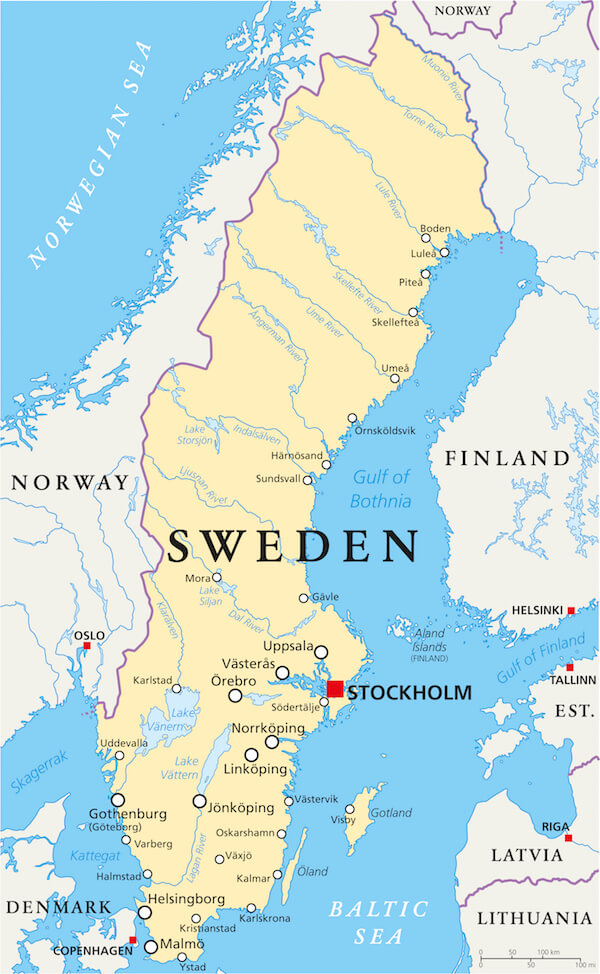 Map of Sweden
Map of SwedenSweden is slightly larger than California/ USA or about the size of Germany, Austria and Slovenia combined. Sweden is Northern Europe's largest country.
Sweden is among Europe's most sparsely populated countries with Finland, Iceland and Norway. About 68% of the country are forests.
A flight to Stockholm takes about 2.5 hours from London/UK, or 8.5 hours from New York/USA.
Sweden Geo Superlatives
- The highest point in Sweden is the Kebnekaise with 2,100 m/ 6,890 ft.
- The longest river in Sweden is called Klarälven. This river is also the longest river in Scandinavia.
- Sweden has mountains in the western parts, but otherwise flat with rolling hills.
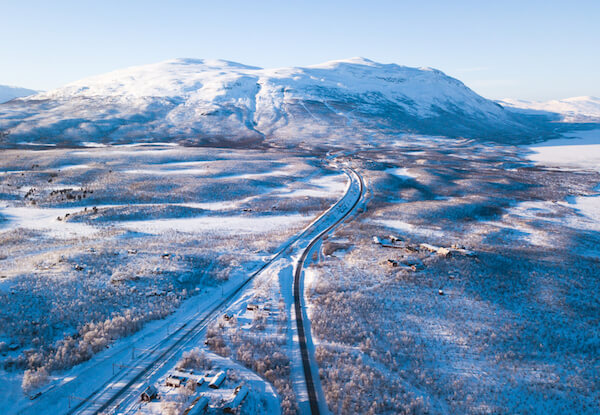 Lapland in northern Sweden
Lapland in northern Sweden- Sweden has over 100 000 lakes and is one of the countries with the most lakes. The largest lake is Lake Vänern.
- The largest island of Sweden is called Gotland.
- Sweden borders two countries: Norway and Finland.
Sweden for Kids | Attractions and Landmarks
Here are our favourite attractions in Sweden for kids:
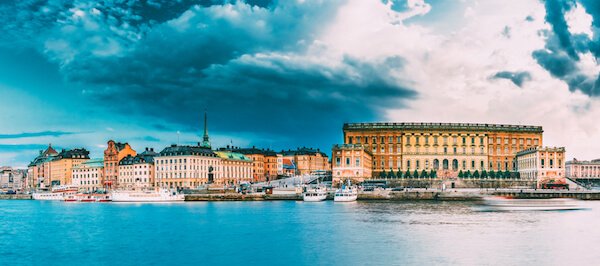 Stockholm's Royal Palace
Stockholm's Royal Palace- Stockholm: The capital city is located on 14 islands which are connected with 57 bridges. The Vasa museum displays the original war ship that sank off the Stockholm coast in 1628. Famous sights in Stockholm also include the Nobel Museum, the ABBA museum and of course, the medieval town centre 'Gamla Stan' with its cobblestone streets, the Stockholm cathedral and the royal palace.
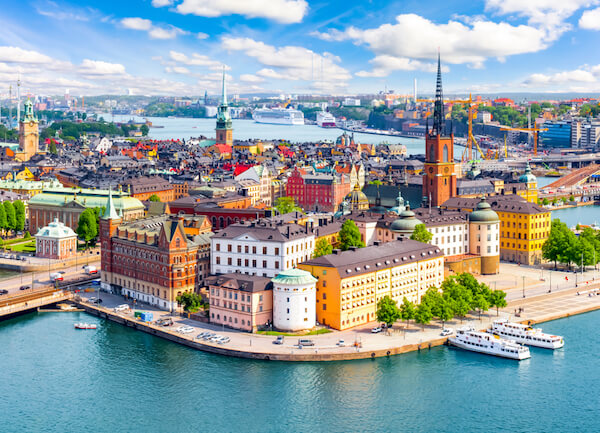 Stockholm's old town
Stockholm's old town- Visby: The town and surrounding region on Gotland provided the scenery for many Pippi Longstocking scenes. Visby is listed as a UNESCO world heritage site and referred to as the best medieval fortified trading town in Northern Europe.
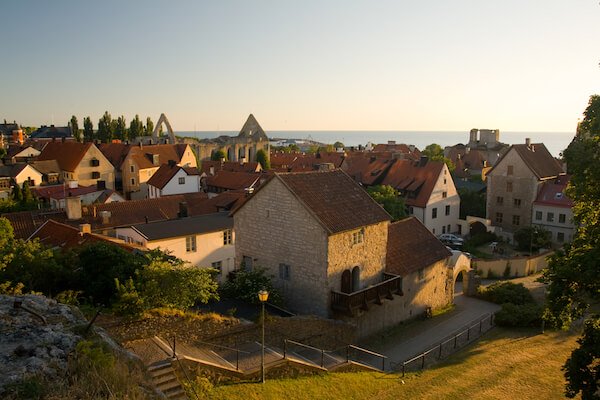 Medieval town of Visby
Medieval town of Visby- Fårö: The island off Gotland is located in the Baltic Sea and dominated by a barren landscape and limestone monoliths or sea stacks, called 'raukar' in Swedish. The famous sea stacks are often given names by visitors, as this one below, which has been named 'dog'. Can you see why?
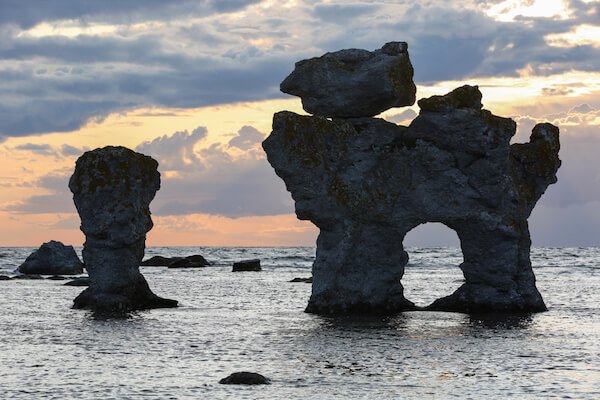 Sea stack looking like a dog.
Sea stack looking like a dog.- Goteborg (Gothenburg) was once the most important fishing port, the city is also known for the Volvo car factory and its blue city trams - and city buses. The Poseidon fountain is a symbol of the maritime heritage of the city.
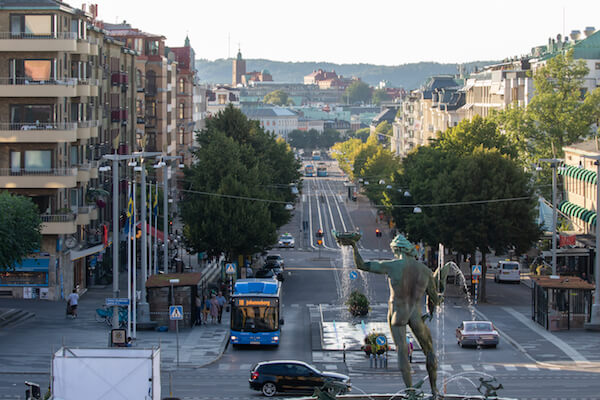 Gothenburg - image by Andreas Bergerstedt
Gothenburg - image by Andreas Bergerstedt- Lapland with Kiruna and Abisco National Park: The Northern Lights can be experienced in Swedish Lapland. In and around Kiruna is a good place to watch the dancing green, pink and purple stripes of light in the night sky between 9 pm and 2 am. Did you know that the indigenous people of Sweden, the Sami people, believed the lights come from the souls of the dead?
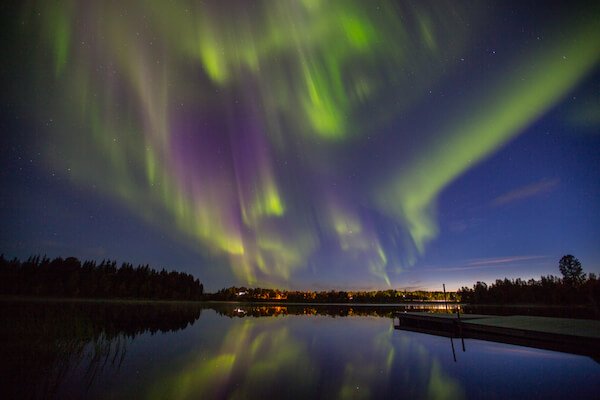 Northern Lights in Abisco National Park
Northern Lights in Abisco National ParkSweden Facts | Swedish People
Sweden is one of Europe's monarchies. Sweden is a kingdom for over one thousand years. All the time Sweden was ruled by a king. Since 1973 King Carl XVI Gustaf is the reigning monarch of Sweden. The royal house includes Queen Silvia and the three children (as well as their children) and the older sister of the King, Princess Birgitta. The castle of Drottningholm, near Stockholm, is the residence of the king and his family.
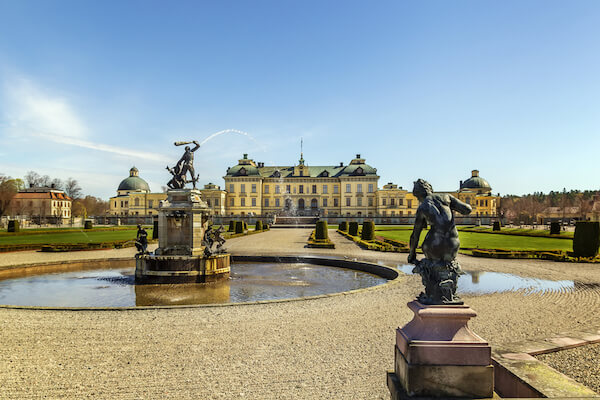 Castle Drottningholm near Stockholm
Castle Drottningholm near StockholmThe majority of the Swedish population live along the coastline or the country's South. About 88% of the Swedes live in or near urban centres. The North of the country is very sparsely populated.
The biggest cities of Sweden are Stockholm, Göteborg, Malmö and Uppsala.
The Sámi people are Sweden's indigenous people. Some of the Sámi also live in Finland, Norway and Russia and count in total about 75,000 people. Did you know that the Sámi people are the only recognised indigenous people in within the area of the European Union?
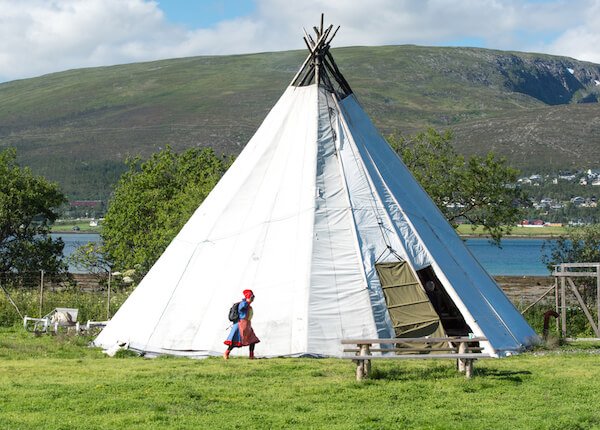 Traditional yurt in Lapland
Traditional yurt in Lapland'Midsommar’ or Midsummer celebrations are the biggest celebrations of the year - after Christmas. The Swedes celebrate the longest day of the year with dances around the maypole, parades and get-togethers. In 2021, midsummer is celebrated on 25 June.
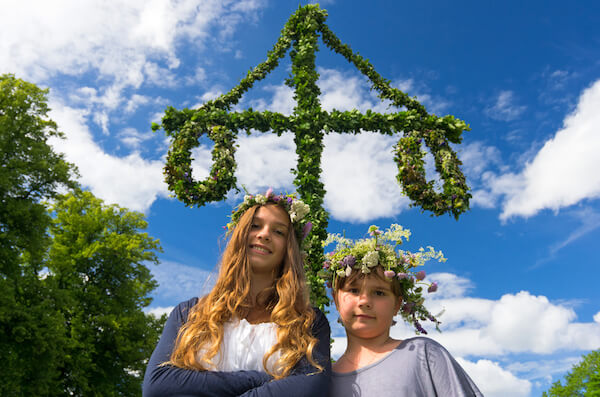 Midsummer celebrations
Midsummer celebrationsSweden Facts | Sweden Economy
- The natural resources of Sweden include timber, iron ore, copper and zink. 75% of the country's electricity is produced by hydroenergy and other renewable energy sources.
- Manufactured goods such as cars, electronics, clothing as well as refined petroleum are the main export products.
- The main trading partners of Sweden are Germany, Norway, Denmark, the USA and the UK.
- Among the biggest Swedish companies are car manufacturer Volvo, clothing brand H&M (Hennes & Mauritz), music streaming platform Spotify and IKEA, which is among the largest furniture manufacturers in the world. IKEA was founded in Sweden, but now its headquarters is based in the Netherlands.
Sweden Facts | Sweden Animals
The national animal of Sweden is the Eurasian elk or moose. About 300,000 to 400,000 of these huge hoofed mammals roam freely in Sweden. The Swedish name for moose is älg.
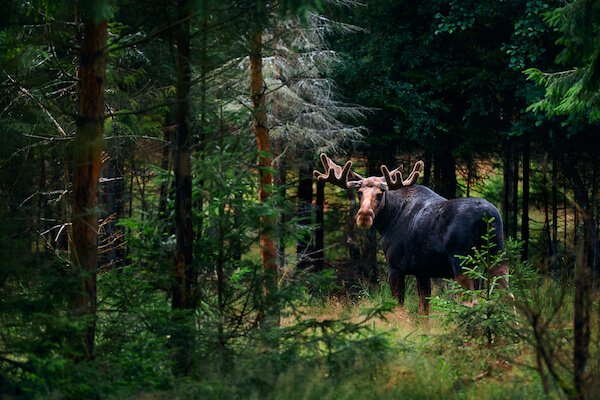 Elk
ElkIn Central Sweden there is a population of the Scandinavian wolves. These are very shy animals and they live in dense forested areas. European brown bears, lynxes and Arctic foxes also live in the wild in Sweden.
Sweden Facts | Food in Sweden
Typical Swedish food includes:
- Köttbullar: meatballs traditionally served with gravy, potatoes, lingonberries, and pickled cucumber.
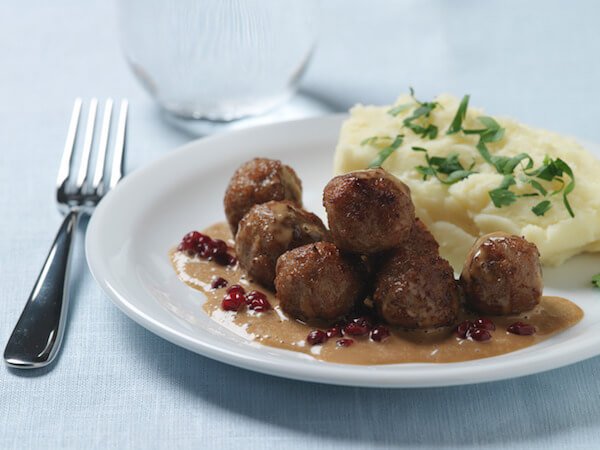 Köttbullar - image by Daniel Herzell
Köttbullar - image by Daniel Herzell- Falukorv: sausage served with macaroni pasta and cream sauce
- Kalops: meat stew cooked with all spice and bay leaves and served with potatoes and beetroots
- Raggmunk: potato pancakes are often eaten with salted pork bacon and lingonberries
- Kanelbullar: The typical Swedish cinnamon buns are made with wheat flour and filled with cinnamon, sugar and butter.
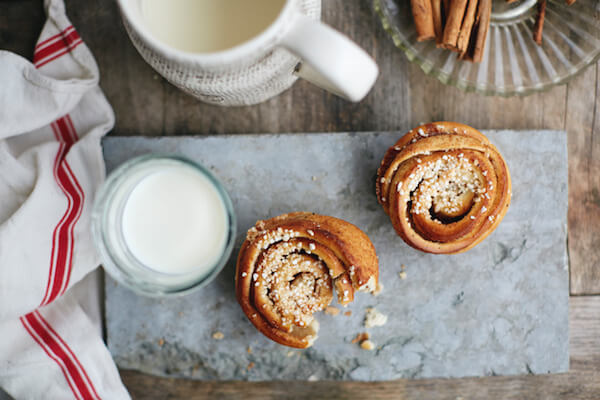 Swedish cinnamon buns are served with milk
Swedish cinnamon buns are served with milkSweden Facts for Kids
Useful Resources
- Sweden Tourism. "Midsummer Step-by-Step." VisitSweden. Last updated 23 March 2021. Last accessed 9 April 2021.
- Historiska. "We call them Vikings." Historiska-Exhibitions. Last accessed 8 April 2021.
- Håkan Stenlund. "World's Best Place for Northern Lights". Swedish Lapland. Last accessed 8 April 2021.
- Central Intelligence Agency. "Europe: Sweden." World Fact Book. Update 7 April 2021. Accessed 9 April 2021
- Wild Sweden. "Wild Animals in Sweden." WildSweden. Accessed 9 April 2021
Sweden Facts | Related Pages
We hope you enjoyed reading our Sweden Facts for Kids. Make sure to bookmark this page, as we plan to add on more information to make this page even more interesting, not only for children:-)
Picture credits on this page: Images by ImageBank Sweden, SXC.hu and Shutterstock.com
Return from Sweden Facts to Kids World Travel Guide Homepage
Competition 2023 closed
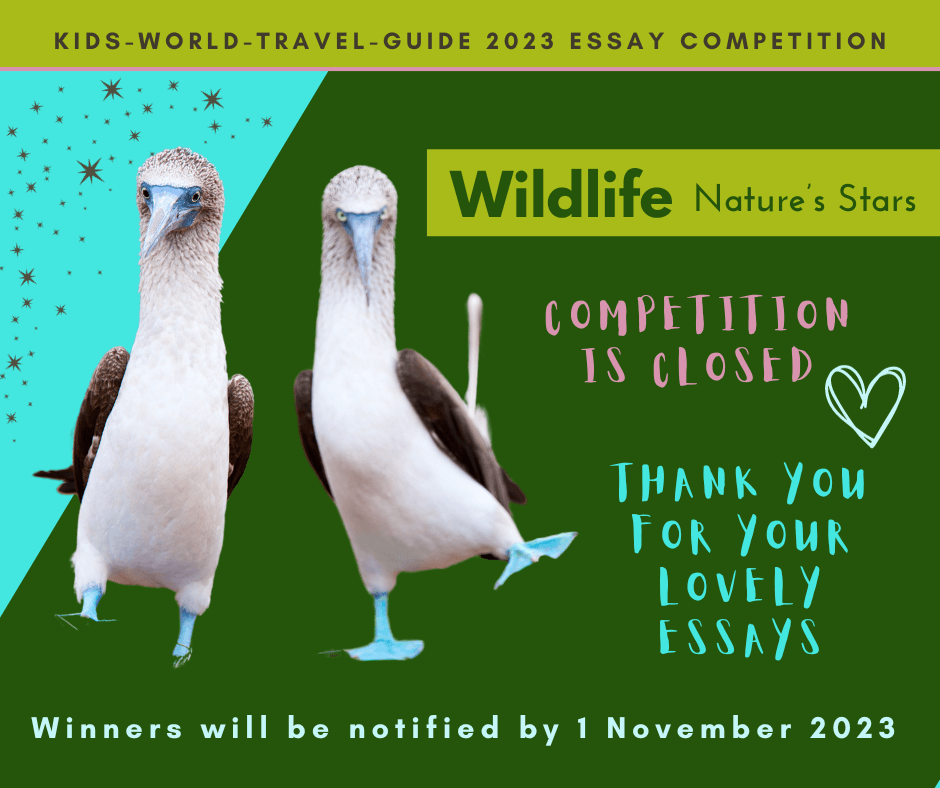
Watch this space
Competition 2024 will be announced in February
*
More about Sweden
More about Countries in Europe
Join us on Facebook
Competition Winners 2023
